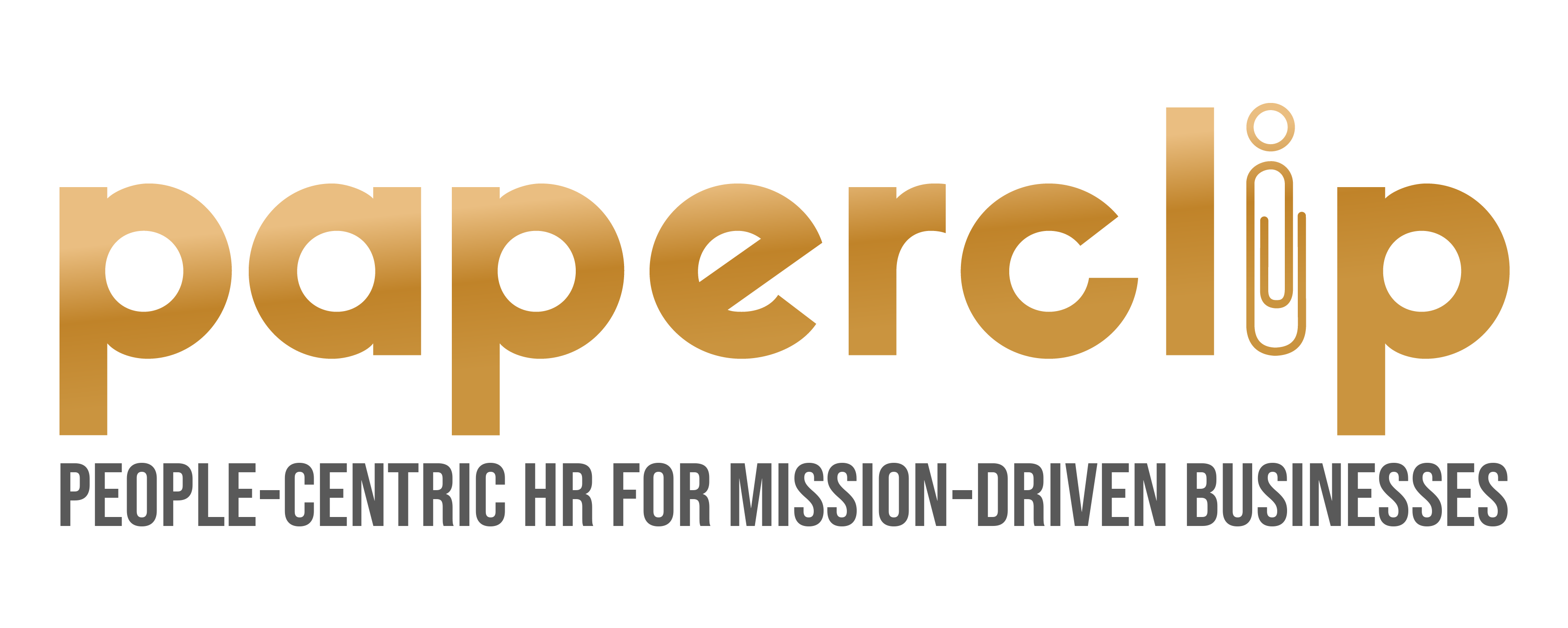From Personnel Management to Strategic Partner
Human Resources (HR) has come a long way. It has morphed from a largely administrative function, focused primarily on hiring and payroll, into a strategic partner central to an organization’s success. This transformation has been driven by a range of factors including technological advancements, changing workforces, and evolving business expectations.
In its nascent stages, HR was referred to as ‘personnel management.’ The role of the ‘personnel department’ was primarily administrative, tasked with hiring staff, managing payroll, and handling employee benefits. The focus was on compliance and maintaining the status quo, not on improving or evolving the workplace.
The advent of the industrial revolution brought about a significant shift in the responsibilities of the personnel department. With the rise of labor unions and increasing emphasis on worker rights, the role of personnel management expanded to include labor relations and compliance with labor laws.
The concept of ‘human resource management’ started gaining traction in the mid-20th century. This signaled a shift in perspective – from viewing employees merely as ‘workers’ to recognizing them as valuable resources that could be developed for the organization’s benefit. It also marked a shift from a reactive, problem-solving approach to a more proactive, strategic approach.
Today, the role of HR has evolved to become a strategic partner in organizations. The HR function is now viewed as an integral part of the organization’s strategy, contributing to business objectives by ensuring that the right people are in the right roles, employees are highly engaged, and the organization’s culture is aligned with its strategic objectives.
The scope of HR now includes talent acquisition and management, performance management, learning and development, succession planning, and fostering a positive organizational culture. Modern HR practitioners are expected to understand the business strategy and contribute towards achieving it. They leverage data analytics for decision-making and use technology to streamline HR processes.
As businesses continue to evolve in a rapidly changing world, the role of HR is poised to grow even further. The COVID-19 pandemic, for instance, has highlighted the need for HR to play a strategic role in crisis management, remote work setup, employee well-being, and more.
The journey of HR from ‘personnel management’ to ‘strategic partner’ is a testament to its critical role in organizations. It has moved from being a support function to a driver of organizational success. This evolution of HR signifies a recognition of the fact that people are indeed an organization’s most important asset and strategically managing this asset is crucial to achieving business objectives.
In the future, as businesses become more people-centric and as the workplace continues to evolve, HR will undoubtedly continue to play an increasingly strategic and pivotal role. And that bodes well for both organizations and the people who power them.
